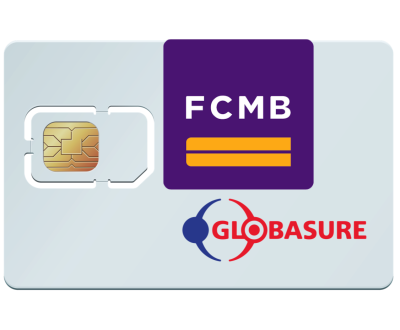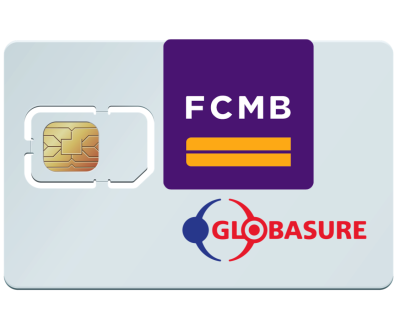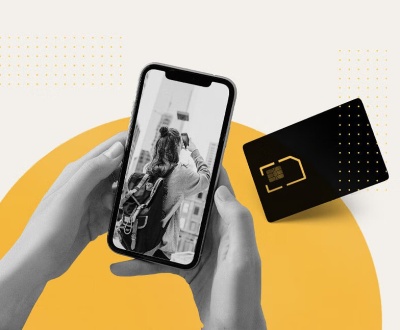Cashless policy challenges finally Identified as connectivity Issues – E-PPAN.
- September 5, 2013
- cashless, News, Programmes
As the Central Bank of Nigeria (CBN) prepares to commence the next phase of the ‘Cashless Nigeria’ project in July, the Electronic Payment Providers Association of Nigeria (E-PPAN) says poor connectivity constitutes a significant drawback to the success of the project.
Speaking at a media parley in Lagos, weekend, Regha Onagite, chief executive officer of E-PPAN, said that the ‘Cashless Nigeria’ pilot programme had a positive impact on Lagos but was marred by abysmal connectivity from telecommunications companies.
“The Nigerian Inter-Bank Settlement System (NIBBS) is making significant investments in the area of network connectivity.
The major challenge for the cashless project is connectivity from telecoms networks.
In telecoms, voice is priority. In e-payments, data is priority”. There is need, according to the E-PPAN CEO to strike the right balance to ensure that no party is in a disadvantaged position. She said that the pilot scheme in Lagos was relatively successful. “When we started, we hoped for 40, 000 Point of Sale (PoS) terminals. Now, we have over 100, 000 PoS terminals in Lagos alone.
“We are working to make sure that a large number of the PoS terminals are active”, she said.
Onajite pointed out that issues revolving around settlements are gradually fading away. “Merchants are getting comfortable with the scheme. Nigerians still like to carry cash and merchants cannot afford to compel them to pay electronically. Until, communications get better, Nigerians will not trust and adopt electronic payments”. Nigeria’s payment industry, according to Onajite, had failed to push other electronic channels such as mobile banking, online banking, mobile money amongst others.
The industry, according to her is working on an electronic payment arbitration framework. The framework spearheaded by the Nigerian Electronic Fraud Forum (NEFF), according to her, “bring a lot of confidence and trust to the system. If there are issues with an electronic transaction, people can seek redress.
The framework has been exposed to comments and feedbacks. It would be sent to the CBN thereafter”. Onajite stressed that the arbitration framework will be critical to the success of the next phase of the cashless project.
“On the next phase, we are going to six states of the Federation.
“We are going to Abia, Anambra, Ogun, Kano, Rivers and the Federal Capital Territory (FCT).
We are going to do a lot of awareness and education. There are hubs in these areas but no network connectivity. We intend to work with NIBBS to bring connectivity to these areas.
We will talk to different telecoms providers to ensure that connectivity is high in these areas.”
She further explained that the association was finalising its awareness and mobilisation strategy to get the buy-in of Nigerians in these states, adding that it was critical for them to understand the benefits of the cashless policy.
Globasure is a provider of simple, smart payment solutions.
More from our blog
See all postsRecent Posts
All Website Tags
Leave a Comment cancel
This site uses Akismet to reduce spam. Learn how your comment data is processed.








 WhatsApp us
WhatsApp us